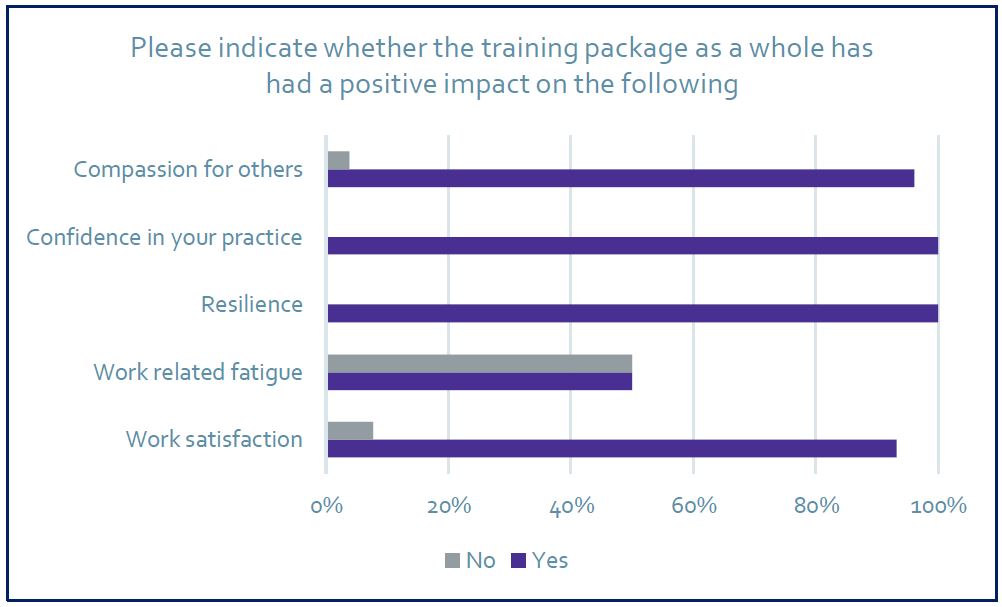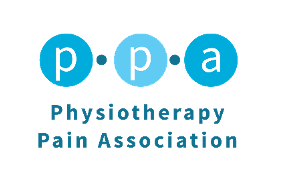Psychologically Informed Collaborative Conversations
(PIC-C)
June 16, 2021 Pain is common in the general population, affecting between one-third and one-half of UK adults. The connection between pain and psychological wellbeing is reciprocal – with increased awareness that when pain persists it often leads to increased psychological distress and high levels of psychological distress can increase the likelihood that painful musculoskeletal conditions will either persist or develop.
Helping clinicians implement psychologically informed treatment strategies and techniques offers the promise of improving patient care for people living with pain.
In 2020, The Health Innovation Network AHSN, in partnership with St George’s Hospital NHS Foundation Trust, Kingston Hospital NHS Foundation Trust, the Physiotherapy Pain Association and Duke University, USA secured funding from Q Improvement Lab, a Health Foundation Initiative, to test innovative ideas to improve care and services for people living with pain. An evaluation report of this project – Psychologically Informed Collaborative Conversations (PIC-C) – now available to download.
“PIC-C training has changed my practice quite a lot. I’m much more happy to sit and listen to the patient. Give them more time, get the whole story, take more time on the subjective and include more of the biopsychosocial [components], rather than just looking at the physio and the exercises.”
Course participant
Report summary
PIC-C is an evidence based online training and supervision programme to help physiotherapists increase their confidence in delivering psychologically informed care and support to patients presenting with pain. The design is based on four key themes:
- building a therapeutic alliance;
- reducing perceived threat of pain;
- reconceptualising pain beliefs and somatic experience; and
- fostering self-efficacy for pain control.
PIC-C was co-created with patients who were equal members of the project team, involved in reviewing, critiquing and contributing to content.
PIC-C was tested with 38 physiotherapists. Evaluation two weeks after completing the course showed a number of significant benefits of the training.

-

100 %
of participants reporting increased resilience following the training -
96 %
of participants reporting that the training had increased their compassion for others -

50 %
reporting that the training had reduced their work-related fatigue
“I definitely feel more confident now, in seeing this particular group of patients. Talking through other people’s experiences and my own has definitely made me feel more confident with the idea of [psychologically informed practice].”
Course participant

PIC-C was tested with 38 physiotherapists. Evaluation showed: A reduction in physiotherapist anxiety and increased confidence with 100 per cent of respondents stating PIC-C had a positive impact on their confidence in delivering psychologically informed consultations.

A change in practice in using psychologically informed strategies and techniques with patients as participants progressed through the training. The biggest change being that Physiotherapists attended more to the therapeutic alliance. Pre-PIC-C, 19 per cent of participants stated that they focused on ‘developing a therapeutic alliance’ as a standard part of their practice. Post-PIC-C, this increased to 81 per cent of participants.

Participants valued the supervision element of the programme, with participants recognising this was a unique benefit of the course offer. Having protected time to discuss the practical application of techniques learned including complex cases helped embed learning and strengthened relationships with colleagues.
PIC-C influenced a change in practice, evidencing a shift in confidence in adopting psychologically informed approaches. PIC-C provides benefits to practitioners themselves and the organisations in which they work.
The PIC-C training course is relevant to all physiotherapists and health professionals and therefore will be of interest locally, nationally and internationally. Supervision post teaching sessions was identified as a ‘missing link’ by physiotherapists in the literature and our exploratory focus groups, and its inclusion sets this training apart from other packages.
Presently, there is no similar learning programme available to physiotherapists in the UK. We therefore recommend PIC-C is made available to health professionals as a stand-alone programme or incorporated into wider educational learning packages e.g. postgraduate courses. We also recommend securing accreditation to satisfy quality control and continuing professional development requirements and recognition for Advanced Clinical Practice.
Additional resources




We’re here to help
If you have any questions about the PIC-C project or would like more information please contact Diarmuid Denneny, Physiotherapy Pain Association.



